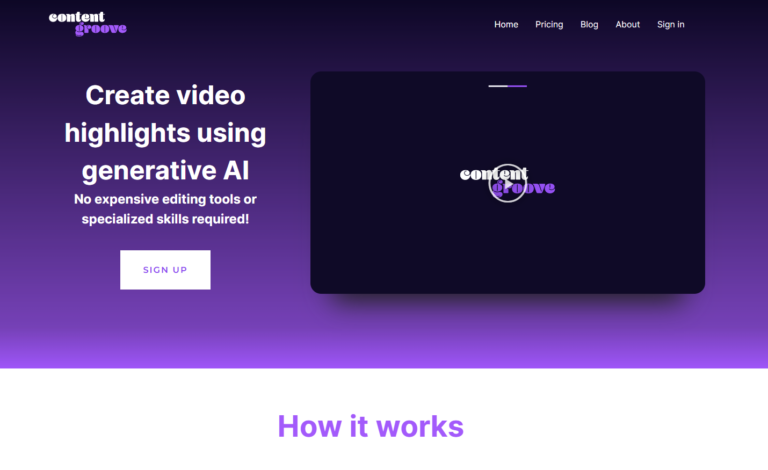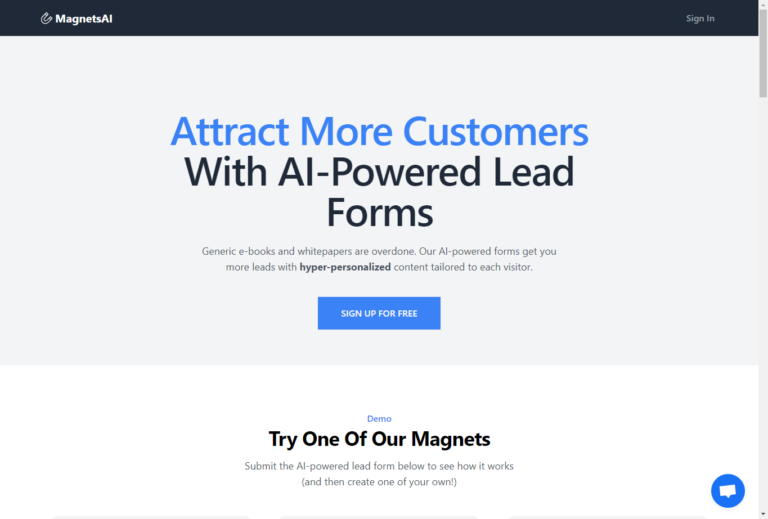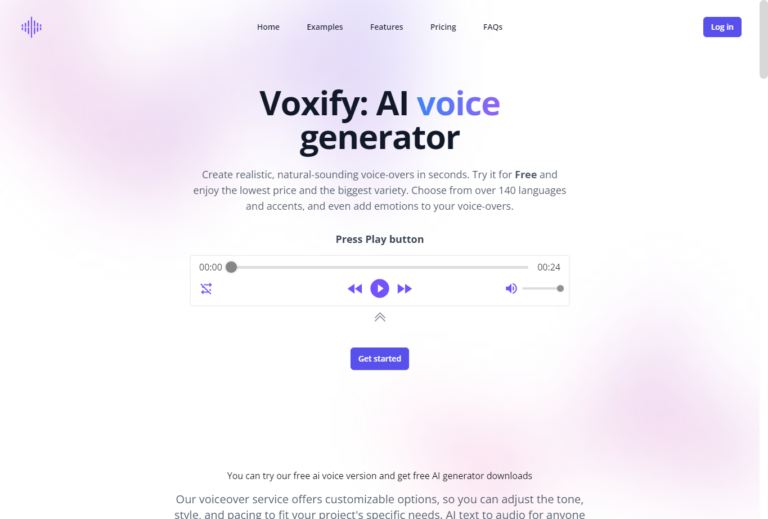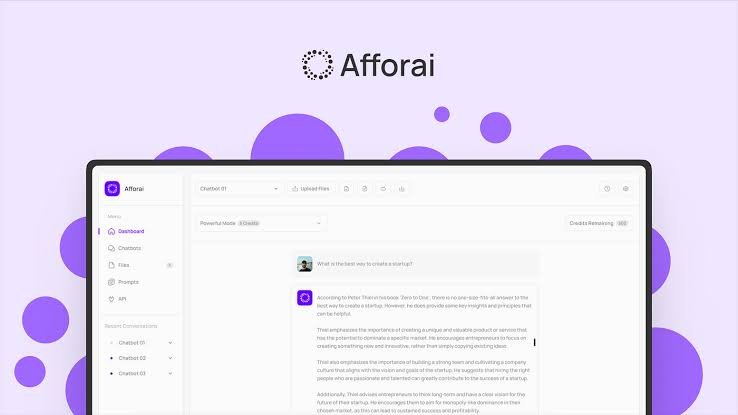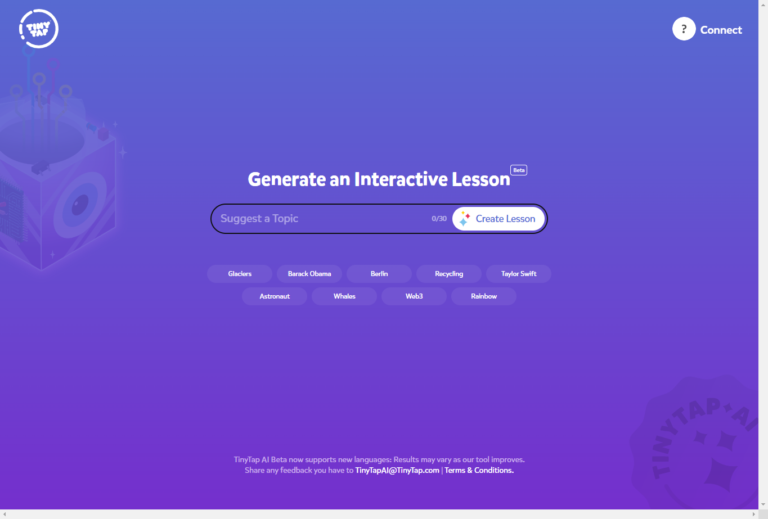
In the rapidly evolving world of AI Tools For Healthcare, the integration of artificial intelligence (AI) has emerged as a game-changer. As more and more healthcare professionals realize the potential of AI, there is a growing demand for the best tools to support and enhance patient care. From diagnosing diseases to analyzing medical images, AI has the power to revolutionize the healthcare industry. In this article, we will explore some of the top AI tools that are making waves in the field of healthcare, offering a glimpse into the future of medicine. So, grab a cup of coffee and prepare to be amazed by the possibilities AI brings to the world of healthcare.
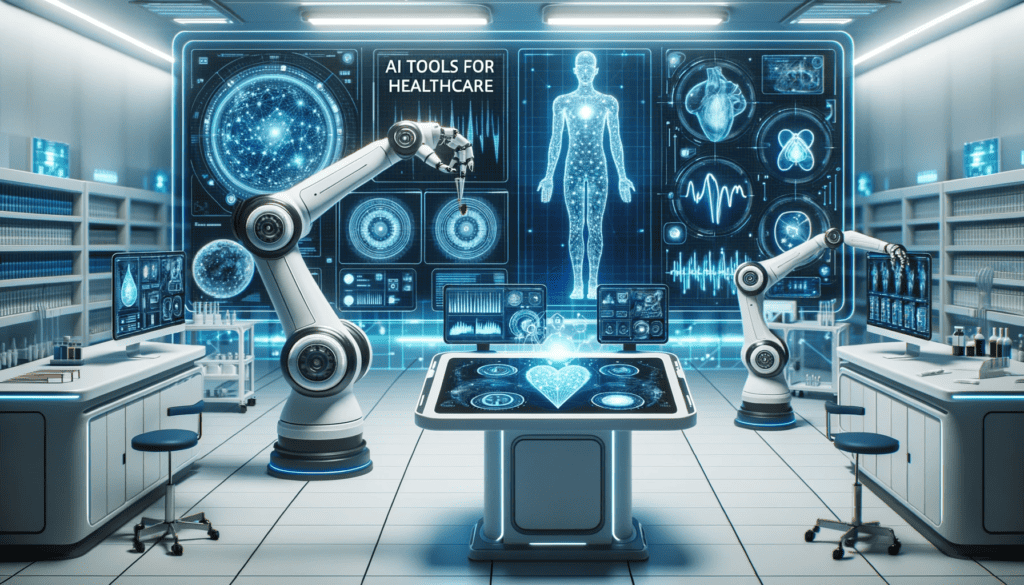
AI Tools for Imaging and Diagnosis
Automated Image Analysis
Automated Image Analysis is a powerful tool that uses AI algorithms to analyze medical images such as X-rays, CT scans, and MRIs. By using pattern recognition and machine learning techniques, these algorithms are able to identify abnormalities, tumors, and other medical conditions in the images. This technology greatly improves the speed and accuracy of diagnosis, allowing healthcare professionals to provide timely and effective treatment to their patients.
Computer-Aided Detection and Diagnosis
Computer-Aided Detection and Diagnosis (CAD) systems use AI algorithms to assist radiologists and other healthcare professionals in the detection and diagnosis of diseases. These systems analyze medical images and highlight areas that may require further attention. CAD systems are particularly effective in detecting early signs of cancer, helping doctors catch the disease in its early stages when treatment is most effective. By providing a second opinion and assisting in the diagnostic process, CAD systems are valuable tools in improving patient outcomes.
Radiology Tools

AI-powered radiology tools aim to improve the accuracy and efficiency of radiologists in interpreting medical images. By using deep learning algorithms, these tools can analyze large volumes of data and provide radiologists with key insights and recommendations. For example, AI tools can help identify specific anatomical structures, quantify tumor growth, or track disease progression over time. This not only saves time for radiologists, but also ensures that diagnoses are more accurate and consistent.
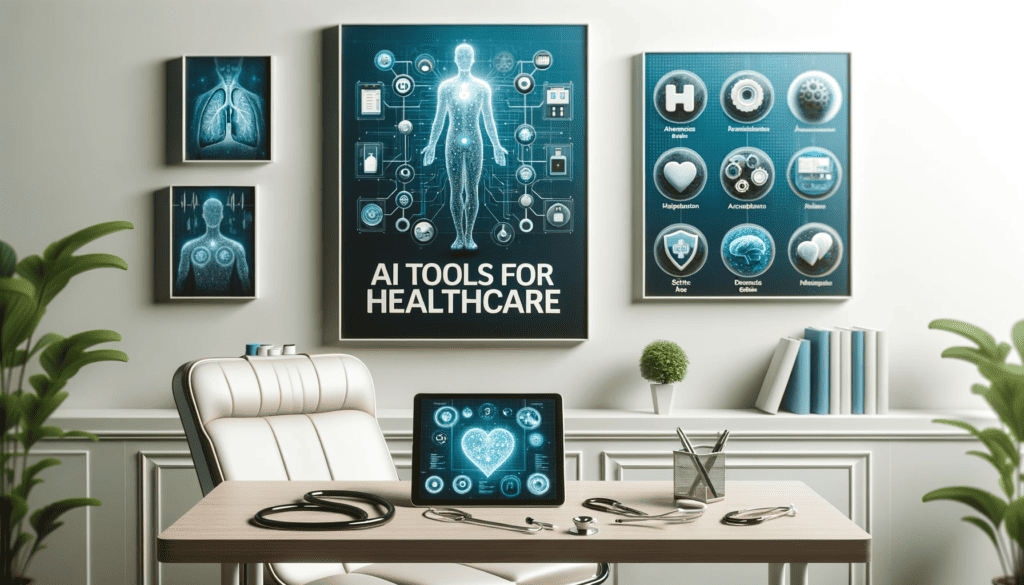
Pathology Tools
Pathology is the study of disease through the examination of tissues and body fluids. AI tools in pathology aim to automate and enhance this process by analyzing digital images of cells and tissues. These tools use advanced image analysis algorithms to identify and classify different cell types, detect abnormalities, and aid in the diagnosis of diseases. By leveraging AI, pathologists are able to improve accuracy, reduce errors, and make more informed decisions about patient treatment.
AI Tools for Electronic Health Records (EHR)
Natural Language Processing (NLP)
Natural Language Processing (NLP) is a branch of AI that focuses on the interaction between computers and human language. In the context of EHR, NLP algorithms can extract valuable information from unstructured clinical text, such as physician’s notes or patient narratives. This allows healthcare professionals to gain insights from a large volume of textual data, improving the efficiency of data management and analysis.
Patient Data Analysis
Patient Data Analysis refers to the use of AI algorithms to extract meaningful insights from patient data stored in EHR systems. These algorithms can process and analyze large amounts of data, identifying patterns, trends, and correlations that may not be immediately apparent to healthcare providers. By leveraging patient data analysis, healthcare professionals can make more informed decisions, personalize treatment plans, and improve overall patient care.
Clinical Decision Support Systems (CDSS)
Clinical Decision Support Systems (CDSS) are AI tools that provide healthcare professionals with real-time, evidence-based recommendations to support clinical decision-making. These tools integrate patient data, medical knowledge, and practice guidelines to assist in the diagnosis, treatment, and management of patients. CDSS can help reduce medical errors, ensure adherence to best practices, and improve patient outcomes by providing decision support tailored to individual patients.
AI Tools for Drug Discovery and Development
Target Identification
Target Identification is an essential step in the drug discovery process. AI tools can analyze large biological datasets and identify potential drug targets, such as proteins or genes, that play a role in a specific disease. By leveraging AI, researchers can prioritize potential targets and focus their efforts on areas with the highest therapeutic potential, ultimately speeding up the drug discovery process.
Compound Screening and Design
Compound Screening and Design is another area where AI tools are making significant contributions. These tools can generate and screen millions of virtual compounds, predicting their interaction with target molecules and identifying potential drug candidates. By accelerating the screening process and reducing the cost of experimentation, AI tools are revolutionizing the drug discovery process and making it more efficient.
Clinical Trial Optimization
Clinical trials are a critical step in the development of new drugs, but they can be costly and time-consuming. AI tools are being used to optimize various aspects of clinical trials, such as patient selection criteria, trial design, and monitoring of patient outcomes. By analyzing large datasets and identifying relevant factors, these tools can help streamline the clinical trial process, leading to more efficient and successful trials.
AI Tools for Personalized Medicine
Genomic Analysis
Genomic Analysis involves the study of an individual’s genetic makeup to identify genetic variations that may contribute to disease susceptibility, treatment response, or drug metabolism. AI tools can analyze large genomic datasets and identify patterns and mutations associated with specific diseases. This information can then be used to tailor treatment plans to individual patients, leading to more effective and personalized healthcare.
Pharmacogenomics
Pharmacogenomics is the study of how an individual’s genetic makeup influences their response to drugs. AI tools can analyze genomic data and predict how patients will respond to different medications, helping healthcare professionals make more informed decisions about drug dosages and selection. By leveraging AI in pharmacogenomics, personalized medicine can be optimized to ensure the most effective and safe treatments for individual patients.
Precision Medicine
Precision Medicine is an approach to healthcare that takes into account individual variability in genes, environment, and lifestyle. By combining AI tools with comprehensive patient data, healthcare professionals can develop personalized treatment plans that target specific genetic markers or factors unique to each patient. This approach ensures that treatments are tailored to the individual, resulting in better outcomes and improved patient satisfaction.

AI Tools for Virtual Nurses and Chatbots
Virtual Nurses
Virtual Nurses are AI-powered assistants that provide patient monitoring, education, and support remotely. These virtual healthcare providers can perform tasks such as answering basic medical questions, monitoring vital signs, reminding patients to take medication, and providing emotional support. By leveraging AI, virtual nurses can extend the reach of healthcare professionals, particularly in rural or underserved areas, improving access to care and enhancing patient outcomes.
Chatbots for Patient Engagement
Chatbots are AI-powered conversational agents that simulate conversations with users. In healthcare, chatbots can engage with patients, answer their questions, provide information about medical conditions, and offer guidance on appropriate next steps. By providing personalized and timely responses, chatbots can increase patient engagement, empower individuals to take control of their health, and improve overall patient satisfaction.
Telemedicine Support
Telemedicine refers to the use of technology to deliver healthcare services remotely. AI tools can enhance telemedicine by providing support in areas such as triage, diagnosis, and treatment recommendations. For example, AI algorithms can analyze patient symptoms and medical history to provide preliminary assessments and guide healthcare professionals in making informed decisions. By supporting telemedicine with AI, healthcare providers can deliver more efficient and accurate care to remote patients.
AI Tools for Predictive Analytics and Population Health
Healthcare Resource Allocation
Predictive analytics can be used to optimize the allocation of healthcare resources, such as hospital beds, staff, and medical supplies. By analyzing historical data and patterns, AI tools can forecast patient demand, identify potential bottlenecks, and help healthcare organizations allocate resources more efficiently. This ensures that resources are available when and where they are needed, improving patient satisfaction and optimizing healthcare delivery.
Disease Outbreak Prediction
AI tools can analyze various data sources, such as social media feeds, news reports, and surveillance data, to predict disease outbreaks and monitor their spread in real-time. By detecting early warning signs and tracking disease patterns, these tools can help healthcare organizations prepare and respond to outbreaks more effectively. This proactive approach can save lives, reduce healthcare costs, and prevent the spread of infectious diseases.
Public Health Monitoring
AI tools can play a crucial role in monitoring the health of populations and identifying potential public health risks. By analyzing data from various sources, such as electronic health records, wearable devices, and environmental sensors, these tools can detect patterns, trends, and anomalies that may indicate underlying health issues. By providing real-time insights, public health officials can take proactive measures to protect the population, prevent diseases, and improve overall well-being.
AI Tools for Surgical Procedures
Robotic Surgery
Robotic Surgery refers to procedures that are performed with the assistance of robotic systems. These AI-powered systems can enhance precision, flexibility, and control during surgical procedures. By leveraging machine learning algorithms and real-time imaging, robotic surgery tools can assist surgeons in navigating complex anatomical structures, reducing the risk of complications, and improving patient outcomes.
Assistive Technology for Surgeons
AI tools can provide surgeons with real-time guidance and support during surgical procedures. For example, augmented reality systems can overlay patient-specific information onto the surgical field, helping surgeons visualize anatomical structures and make more precise incisions. By incorporating AI tools into surgical workflows, surgeons can enhance their skills, improve surgical outcomes, and minimize complications.
Preoperative Planning and Guidance
AI tools can assist surgeons in planning and preparing for surgical procedures. By analyzing patient data, such as medical images and electronic health records, these tools can simulate and optimize surgical plans, allowing surgeons to anticipate challenges and develop personalized strategies. By leveraging AI in preoperative planning, surgeons can improve surgical outcomes, reduce operating time, and enhance patient safety.
AI Tools for Mental Health
Mental Health Assessment
AI tools can assist in the assessment and screening of mental health conditions. By analyzing patient responses to structured questionnaires or interviews, these tools can identify symptoms, patterns, and potential risk factors associated with mental health disorders. This information can help healthcare professionals make more accurate diagnoses, develop tailored treatment plans, and monitor treatment progress over time.
Emotion Recognition
AI tools can analyze facial expressions, voice patterns, and other physiological signals to recognize and interpret human emotions. In the context of mental health, these tools can help detect changes in mood, stress levels, or other emotional states that may be indicative of mental health conditions. By providing real-time insights, AI-based emotion recognition tools can complement traditional assessments and facilitate more personalized and timely interventions.
Virtual Therapists
Virtual Therapists are AI-powered platforms that provide support for mental health treatment and therapy. These platforms can deliver evidence-based interventions, such as cognitive-behavioral therapy, through interactive interfaces. Virtual therapists can provide 24/7 availability, personalized feedback, and progress tracking, allowing individuals to access treatment and support whenever and wherever they need it. By leveraging AI, virtual therapists are expanding access to mental healthcare and improving treatment outcomes.
AI Tools for Disease Detection and Monitoring
Health Monitoring Wearables
Health monitoring wearables, such as smartwatches or fitness trackers, can collect and analyze data on vital signs, activity levels, and sleep patterns. AI algorithms can process this data and provide insights into an individual’s health status, alerting users to potential health issues or changes in their physiological parameters. By empowering individuals to monitor their health in real-time, these tools can promote preventive care, encourage healthy behaviors, and improve overall well-being.
Early Disease Detection
AI tools can analyze large datasets, including patient records, genetic data, and environmental factors, to identify early signs and risk factors associated with specific diseases. By leveraging machine learning algorithms, these tools can detect subtle patterns or combinations of factors that may signal the presence of an underlying condition. Early disease detection allows for timely intervention, early treatment, and improved patient outcomes.
Remote Patient Monitoring
AI tools enable remote monitoring of patients, particularly those with chronic conditions or who require ongoing care. These tools can collect and analyze data from various sources, such as wearable devices or home medical devices, to track patient health status and intervene when necessary. By providing real-time insights, remote patient monitoring can reduce hospital readmissions, improve patient adherence to treatment plans, and enhance patient self-management.
AI Tools for Fraud Detection and Security
Billing Fraud Detection
AI tools can analyze large volumes of healthcare data, such as insurance claims or billing records, to detect patterns or anomalies that may indicate fraudulent activities. By leveraging machine learning algorithms, these tools can identify suspicious billing patterns, duplicate claims, or incorrect coding practices, helping healthcare organizations combat fraud and save costs. By preventing fraudulent activities, AI tools contribute to the integrity and sustainability of the healthcare system.
Cybersecurity and Data Privacy
The increasing digitization of healthcare data raises concerns about cybersecurity and data privacy. AI tools can help identify and mitigate potential threats, such as unauthorized access or data breaches. By continuously monitoring network activity, analyzing patterns, and detecting anomalies, AI tools can enhance the security of healthcare systems, protect patient data, and ensure compliance with data privacy regulations.
Anomaly Detection
AI tools can analyze large datasets and identify anomalies or deviations from expected patterns, such as unusual medication prescribing practices or billing irregularities. By flagging potential anomalies, these tools can help healthcare organizations identify areas of concern, investigate suspicious activities, and take appropriate actions. By leveraging AI in anomaly detection, healthcare organizations can prevent fraudulent activities, improve compliance, and maintain the integrity of their operations.
In conclusion, AI tools are revolutionizing the healthcare industry by improving imaging and diagnosis, enhancing electronic health records, advancing drug discovery and development, enabling personalized medicine, providing virtual nurses and chatbots, empowering predictive analytics and population health, enhancing surgical procedures, improving mental health care, enabling disease detection and monitoring, and contributing to fraud detection and security. With their ability to process and analyze vast amounts of data, AI tools have the potential to transform healthcare delivery, improve patient outcomes, and revolutionize the way we approach healthcare. Friendly Reminder: Always consult a healthcare professional for diagnosis and treatment decisions.

